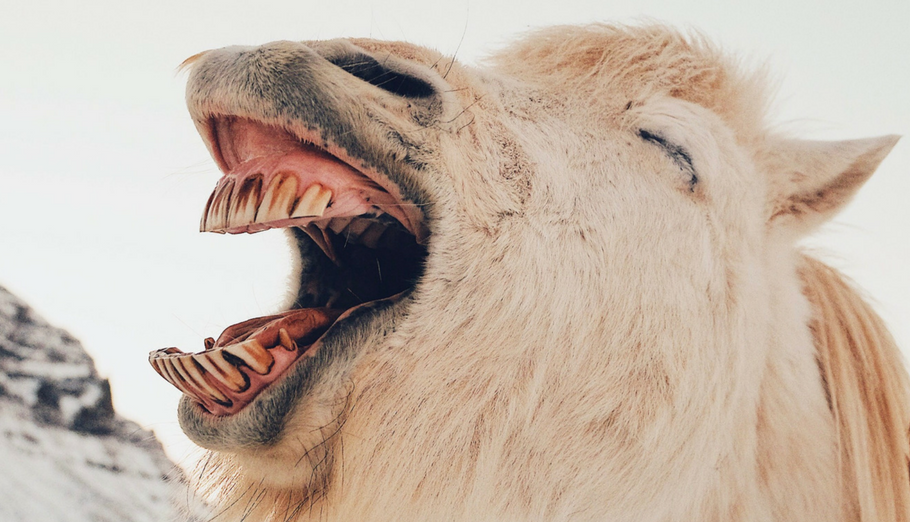Some of you may recall the name of Haajar. Known as Hagar in the Bible, her story is recounted there as an Egyptian, no doubt with skin of a dark hue, often referred to as a concubine given to Abraham by his wife, Sarah. She bore Ismael (meaning God hears), Abraham’s first born, and was then banished or ran from a jealous Sarah into the desert with her son. Neither Hagar nor Ismael get much sympathy.
The Quranic story however is quite different. Often characters are mentioned in both Bible and Quran with some important and interesting differences.
The Quranic Haajar, is a noble woman. A daughter of an Egyptian king (Pharaoh) gifted to Abraham as was often done by nobles in earlier eras. Abraham’s first wife Sarah was indeed barren and both were deeply saddened that they had been unable to conceive; perhaps moreso on the part of Abraham who was a prophet chosen by God and may have despaired that there would be no lineage to follow him and continue his work. They both cried aloud to God to bless them with offspring.
Shortly following his union with Haajar, however, a baby was conceived. Although it was Sarah’s wish for Abraham to have a child, she nevertheless became jealous of her co-wife’s good fortune. It is not stated explicitly in the Quran, yet it seems Abraham sought to put distance between his wives after Baby Ismael was born.
According to Muslim belief, prophets are guided by God’s instruction and so we learn that Abraham was guided to lead his wife and child into a barren desert and then leave them there. Although it seems heartless to us, yet Abraham was outstandingly devoted to God and believed in a higher purpose for all things, even those he could not initially understand.
Imagine the three of them trudging through desert sands with a blazing sun overhead. As they walk, suddenly Haajar realizes her husband is no longer behind them. He has turned around and headed back from the direction they came. She asks “For whom are you leaving us in this forsaken valley?” But Abraham continues on without answering. “Has Allah commanded you to do this?” To which Abraham replies, “Yes”. Haajar then answers, “Then Allah will not cause us to be lost”.
Abraham is not pitiless, but he does what he is commanded and then makes a supplication, “O our Lord! I have made some of my offspring to dwell in an uncultivatable valley by Your Sacred House (the Ka‘bah at Mecca) in order, O our Lord, that they may perform prayers. So fill some hearts among men with love towards them, and provide them with fruits so that they may give thanks.” [Qur’an 14:37]
So our heroine Haajar is left in a barren valley in Arabia with her son. After some time, the child begins to cry from hunger and thirst. In desperation, Haajar runs to a neighboring hill to look for anyone, anything: travelers, an oasis, some sign of water. Nothing. She runs to another hill and searches the horizon. Again, nothing. Haajar runs back and forth a total of 7 times searching for assistance.
Suddenly she spies a spring of water that has sprung where little Ismael has been angrily kicking the ground out of frustration. She immediately tries to dam the gurgling water so as to preserve it. Both drink their fill and are satiated and saved. After a short time, the existence of water draws animals and birds to its life saving properties. Travelers on a caravan note the presence of animals as a sure sign of water nearby and come upon this remarkable scene of mother and child. The area becomes a caravan stop and after time; a city springs up honoring the mother and child as recipients of a miracle.
The city becomes Mecca, that houses the Kaaba, the original house of worship built by Abraham and Ismael (Abraham does return in future years). Mecca becomes a major city of commerce and eventually the direction to which all Muslims pray 5 times a day; and all hope to fulfill a once in a lifetime pilgrimage.
One of the mandatory requirements of Hajj is to reenact Haajar’s desperate run for water. Muslims must walk quickly a total of 7 times between two hills; to commemorate her great devotion in the face of incredible odds. And so a woman is highly honored in this great pilgrimage 3 million people take part in each year.
As we celebrate International Women’s Day this month; I like to remember Haajar and all other women who withstood great tests and trials. For whether their stories are known or unknown; they are our remarkable role models.
Wishing all a wonderful International Women’s Day!











